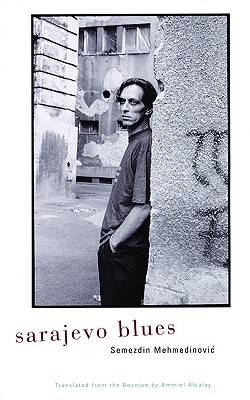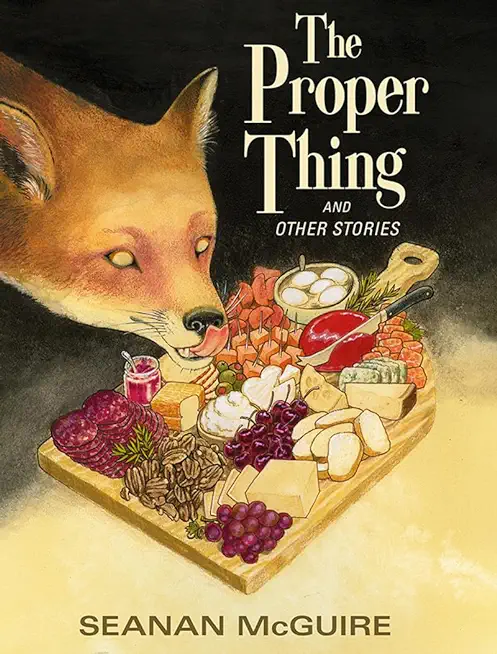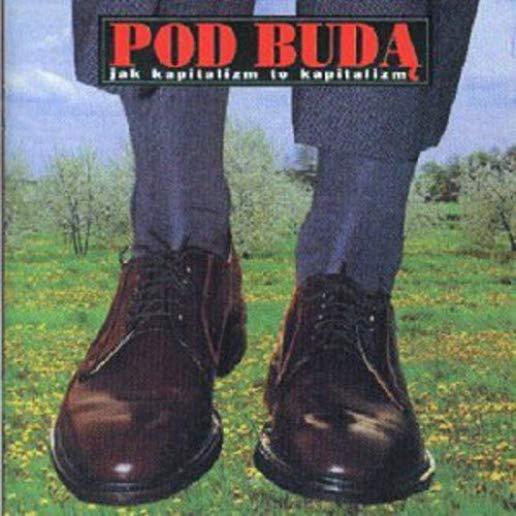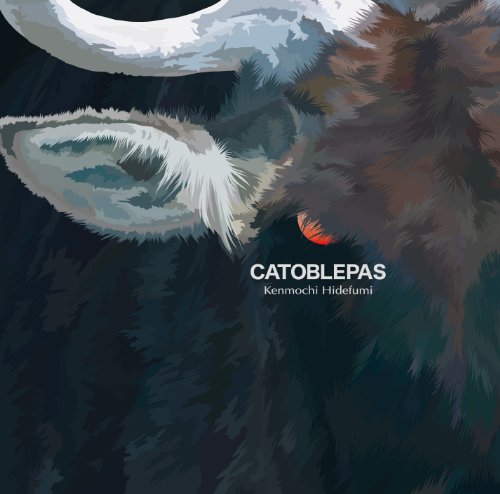
From one of Bosnia's most prominent poets and writers: spare and haunting stories and poems that were written under the horrific circumstances of the war in Bosnia-Herzegovina. Semezdin Mehmedinovic remained a citizen of Sarajevo throughout the Serbian nationalists' siege and was active throughout the war in the city's resistance movement, as one of the editor's of the magazine Phantom of Liberty. Sarajevo Blues was originally published at the end of 1992 and was the first book in the Biblioteka "egzil-abc" series, published in Ljubljana, which provided a forum for Bosnian writers and translators under siege or living in exile. Semezdin Mehmedinovic says that "writing is, finally, quite a personal thing that doesn't make much sense unless you are practicing for the last word." For those Bosnians emerging from the siege or still in exile, these "last words" remain intimate possessions, one of the last bastions left against the commodification of tragedy.
Sarajevo Blues is widely considered here to be the best piece of writing to emerge from this besieged capital since Bosnia's war erupted in April 1992.--Washington Post
A Supreme masterpiece witnessed and redeems with total detachment. I have experienced this only twice in my life: with Zoran Music's drawings from Dachau and Semezdin Mehmedinovic's Sarajevo Blues. This book will be a classic.--Tomaz Salamun, The book for my brother
Sarajevo Blues is at once a battle report and a philosophical investigation. In poems, micro-essays, and prose vignettes, Semezdin Memedinovic charts the collapse of a world with heart-breaking clarity and precision. His book conveys the same clear-eyes passion for the truth that one finds in the young Hemingway, the Hemingway of in our time.--Paul Auster, Book of Illusions
Semezdin Mehmedinovic was born in Tuzla, Bosnia in 1960 and is the author of four books. In 1993 he was cowriter and codirector, with Benjamin Filipovic, of Mizaldo, one of the first Bosnian films shot during the war. The film was presented at the Berlin Film Festival in 1994, and won the first prize at the Mediterranean Festival in Rome the following year. He, his wife, and their child left Bosnia and came to the U.S. as political refugees in 1996. His collection of poetry Nine Alexandrias is Number 56 in the City Lights Pocket Poets Series.
member goods
notems store

Eighteen Inches: The Distance Between ...
by Marmol, Mirtha Michelle Castro
Paperback /Paperback$12.74






